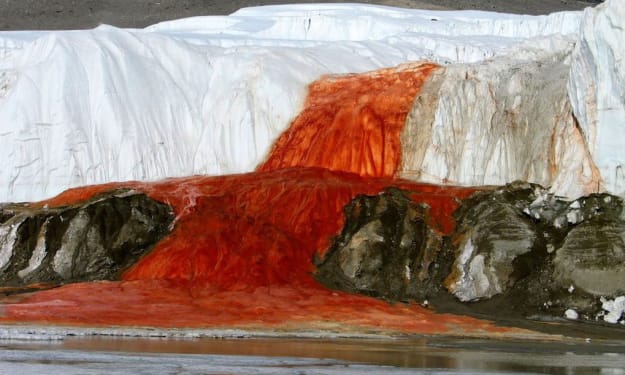Do Non-Human Animals Grieve
The Science of Animal Grief

The question of whether non-human animals grieve has been debated for centuries. Some scientists believe that animals are simply reacting to death in a way that is adaptive for their survival, while others believe that they are capable of experiencing genuine emotions, such as sadness and loss.
There is some evidence to suggest that animals do grieve. For example, in 2018, an orca named Tahlequah gave birth to a stillborn calf. Tahlequah carried the calf's body for 17 days and 1,600 kilometers, even after it began to decompose. This behavior is unusual for orcas, and it suggests that Tahlequah may have been grieving the loss of her calf.
Other examples of animals that may grieve include:
* Elephants have been known to visit the bodies of their dead relatives and to stay by their side for days or even weeks.
* Chimpanzees have been observed to become depressed and withdrawn after the death of a close companion.
* Gorillas have been known to make distress calls after the death of a loved one.
* Dogs have been known to refuse to eat or play after the death of a human companion.
* Cats have been known to sleep on the bed or in the clothes of a deceased human companion.
However, it is important to note that not all scientists agree that these behaviors are evidence of grief. Some believe that they could be explained by other factors, such as a need to protect the body from predators or a desire to learn from the death of a relative.
More research is needed to definitively answer the question of whether non-human animals grieve. However, the evidence that is currently available suggests that it is a possibility.
The implications of this question are significant. If animals do grieve, then we should reconsider the way we treat them. For example, we might think twice about keeping animals in captivity, where they may be separated from their loved ones.
We might also be more careful about how we interact with animals, as we may be causing them emotional distress without realizing it. For example, we might want to avoid petting or playing with animals that are grieving, as this could make them feel worse.
Ultimately, the question of whether non-human animals grieve is a complex one. There is no easy answer, and the answer may vary depending on the species of animal. However, the evidence suggests that it is a possibility, and we should take this possibility seriously.
In the meantime, we can all do our part to help animals by being more compassionate and understanding. We can also support organizations that are working to protect animals and to improve their welfare.
Here are some additional factors to consider when thinking about whether non-human animals grieve:
* The level of social bonding in the species. Animals that live in close-knit social groups, such as elephants and chimpanzees, are more likely to grieve the loss of a companion than animals that live solitary lives.
* The cognitive abilities of the species. Animals that are more intelligent, such as primates and dolphins, are more likely to be able to understand the concept of death and to experience grief.
* The individual personality of the animal. Some animals are more sensitive and emotional than others. These animals may be more likely to grieve the loss of a loved one.
It is also important to remember that grief is a complex emotion that is experienced differently by everyone, including humans. There is no right or wrong way to grieve, and what is considered to be "normal" grief can vary from person to person.
The same is true for animals. There is no one-size-fits-all answer to the question of how animals grieve. The way that an animal grieves will depend on a variety of factors, including the individual animal's personality, the circumstances of the death, and the support that the animal receives from its social group.
If you are concerned about an animal that you think may be grieving, the best thing to do is to consult with a veterinarian or animal behaviorist. They can help you to assess the animal's situation and to develop a plan to support the animal through the grieving process.






Comments
There are no comments for this story
Be the first to respond and start the conversation.